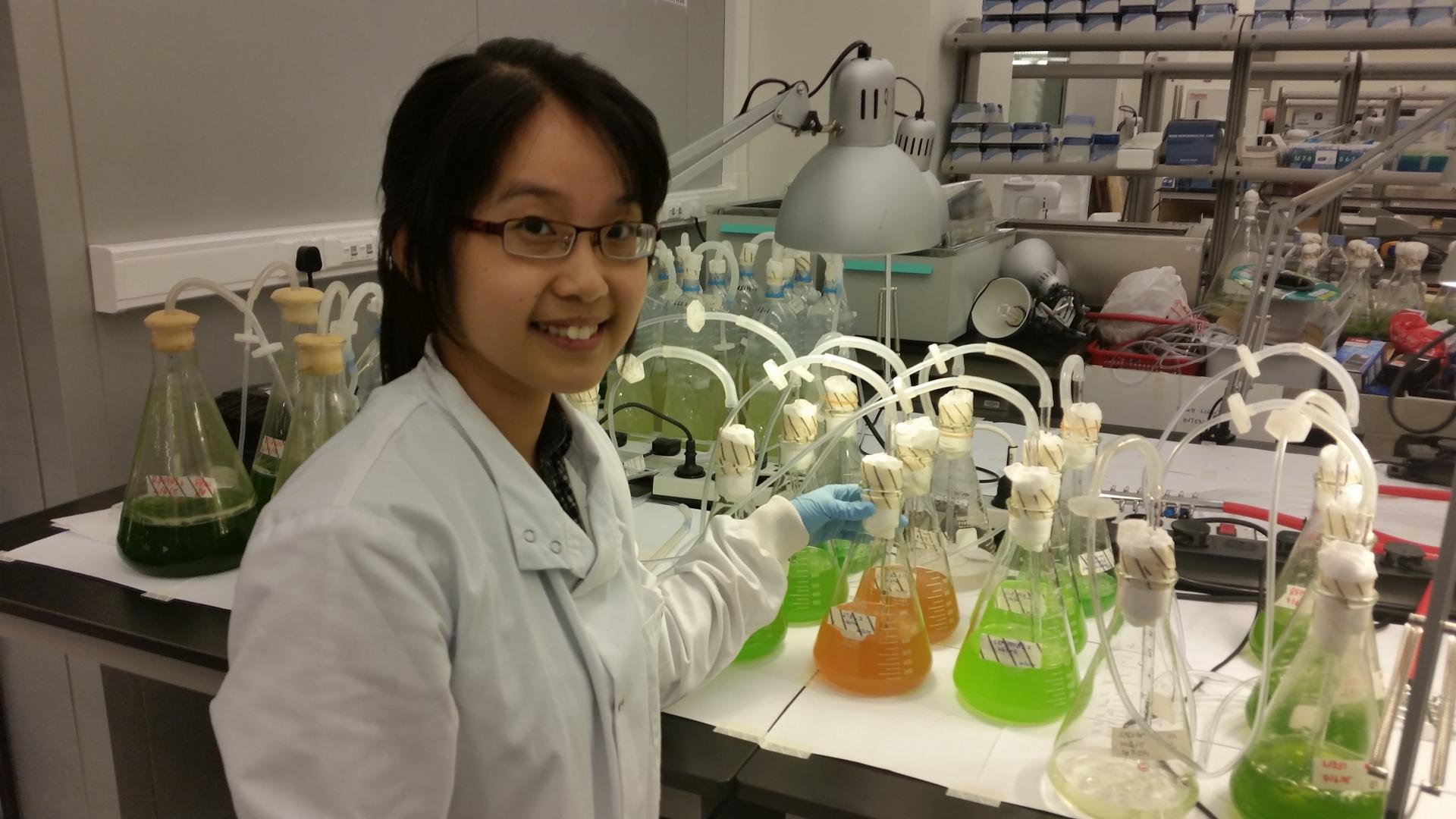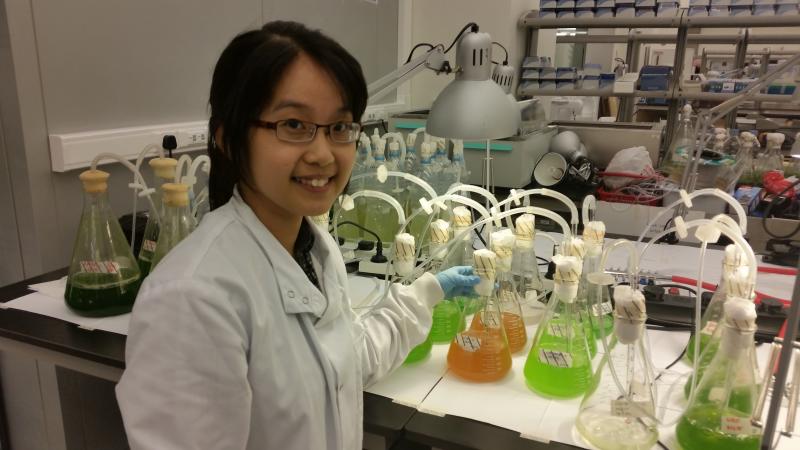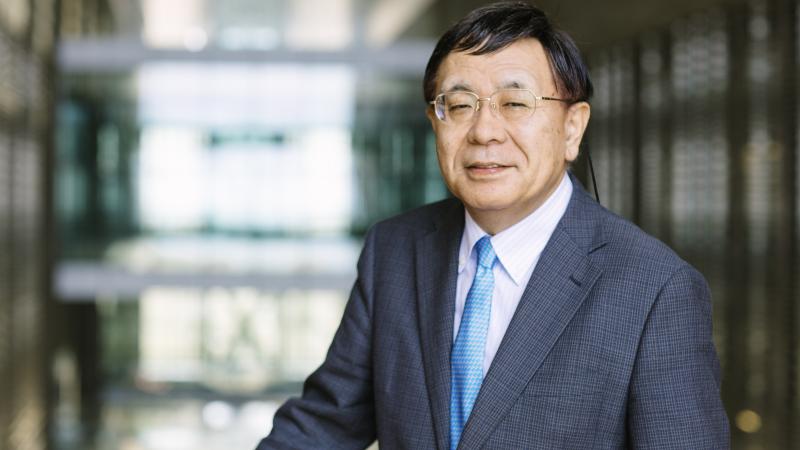Abstract
Saudi Arabia is highly accessible to marine water, receives year-round availability of sunlight and generates a high annual carbon dioxide emission, all of which are justifications that merits the deployment of cyanobacterial cell factories. However, industrial cyanobacterial strains capable of thriving in conditions of the Arabian Peninsula are currently lacking. Given the fact that native cyanobacteria from the Red Sea are adapted to the local conditions, they are therefore good cell factory candidates where their inherent attributes can be harnessed. In my dissertation, I established an isolation and screening pipeline that identifies physiologically robust cyanobacterial strains from the central Red Sea. Arising from this survey work, a high light, thermo- and halo-tolerant Synechococcus sp. RSCCF101 was selected for metabolic analysis under various growth conditions to assess its suitability as a platform for cell factory development. Significant metabolic changes were observed in cells subjected to different light conditions where high photo-pigment content was obtained under the low-light regime (50 µmol photons.m-2.s-1) while high biomass and glycogen content were accumulated under high light conditions (200 µmol photons.m-2.s-1). A genomic and transcriptomic approach was undertaken to elucidate the molecular signatures of Synechococcus sp. RSCCF101. Synechococcus sp. RSCCF101 contains a small genome (3 Mbp) that is rich in guanine-cytosine content (68%) and harbors genes that encode for compatible solutes biosynthetic pathway, which may account for its halo-tolerant phenotype. Upon high-light treatment, the light harvesting machineries of Synechococcus sp. RSCCF101 was downregulated while the photo-protection and carbon fixation capacity were upregulated. Taken together, the findings of this research will facilitate in the development of a new model system for industrial applications in high-light, high temperature and high salinity environments in general and Saudi Arabia in particular.
Biography
Yi Mei Ng is a Ph.D. candidate at King Abdullah University of Science and Technology under the co-supervision of Professor Takashi Gojobori and Dr. John Archer. She obtained her BSc degree from Monash University, Malaysia and MSc degree from King Abdullah University of Science and Technology. Her research interests include investigating and optimizing the physiology and molecular biology of new cyanobacteria strain to support its development as a new marine cell factory strain.


